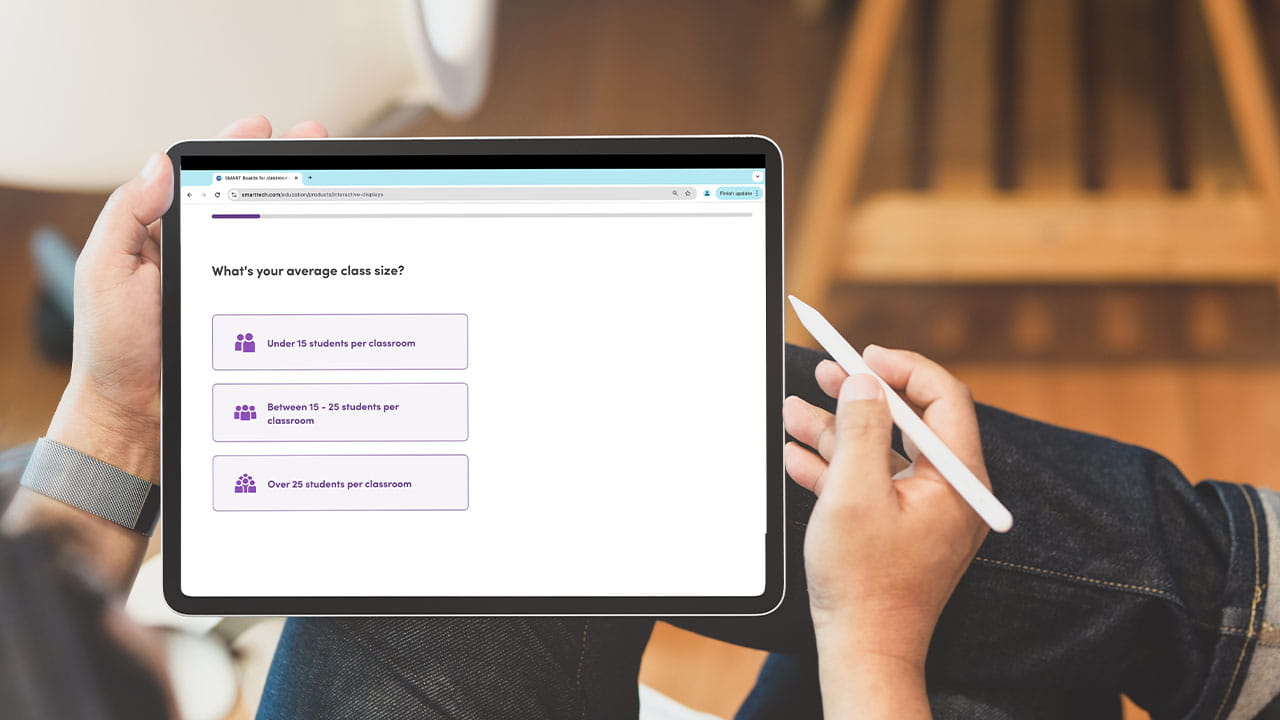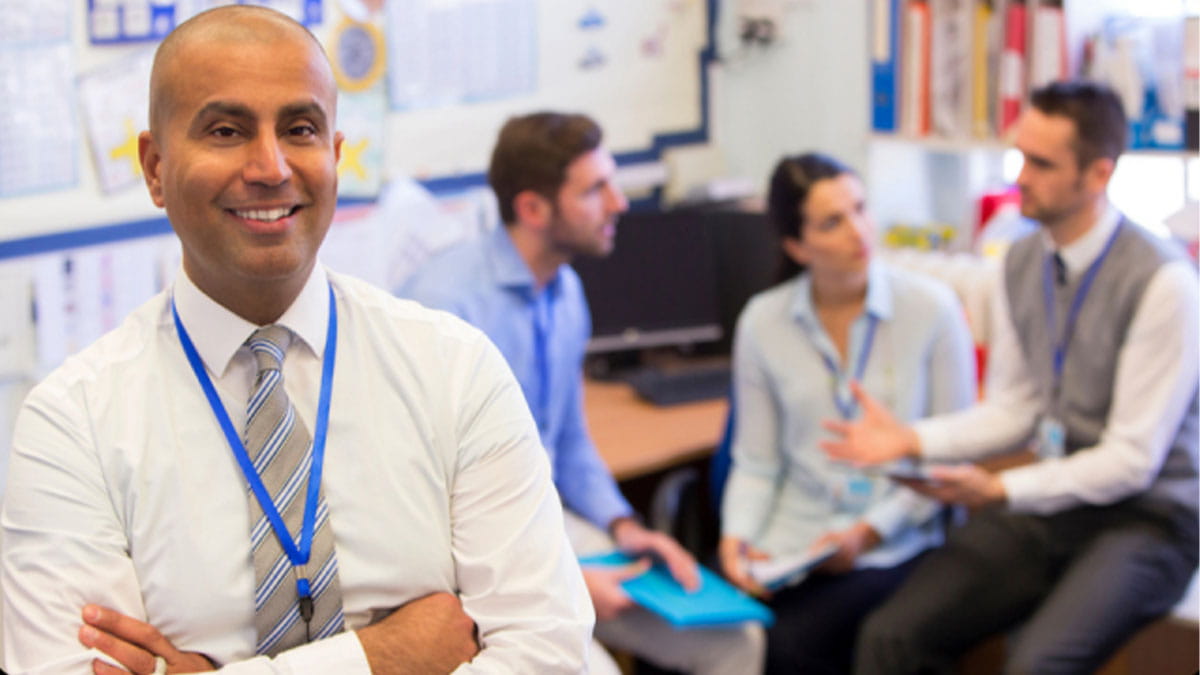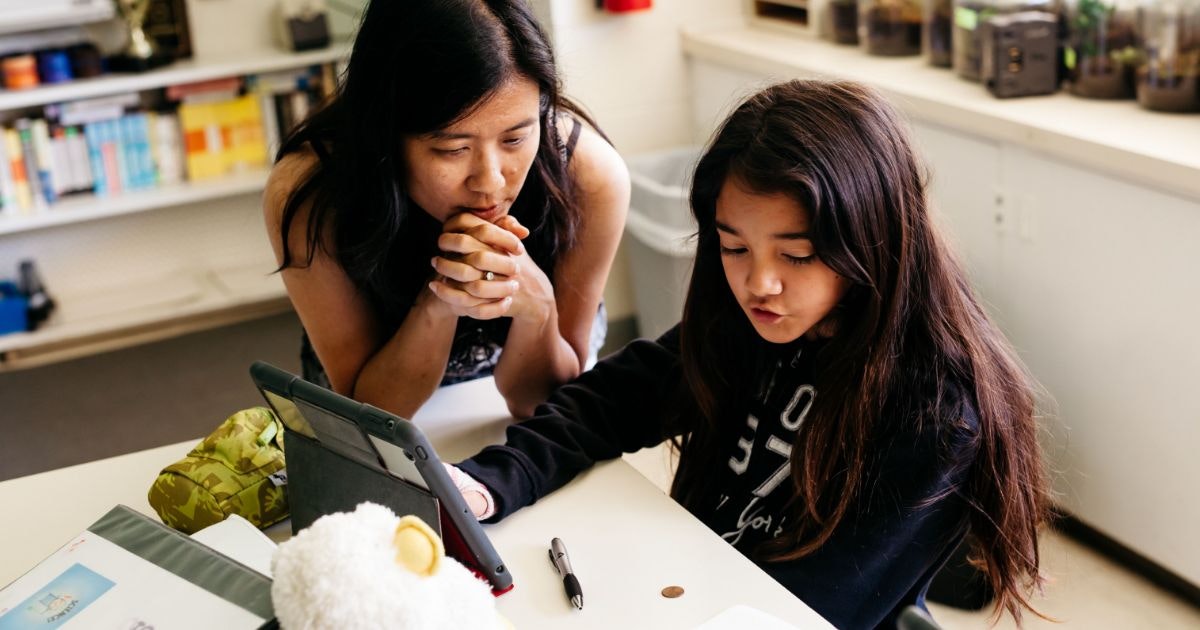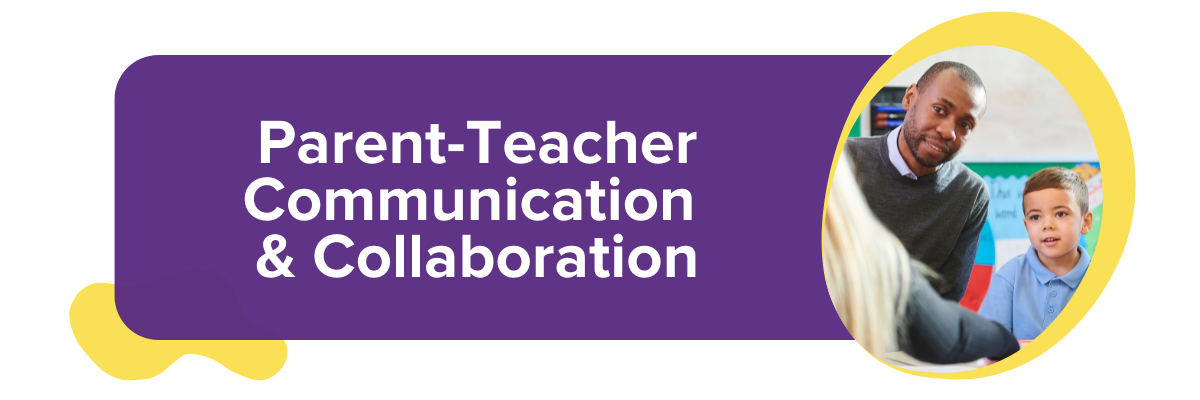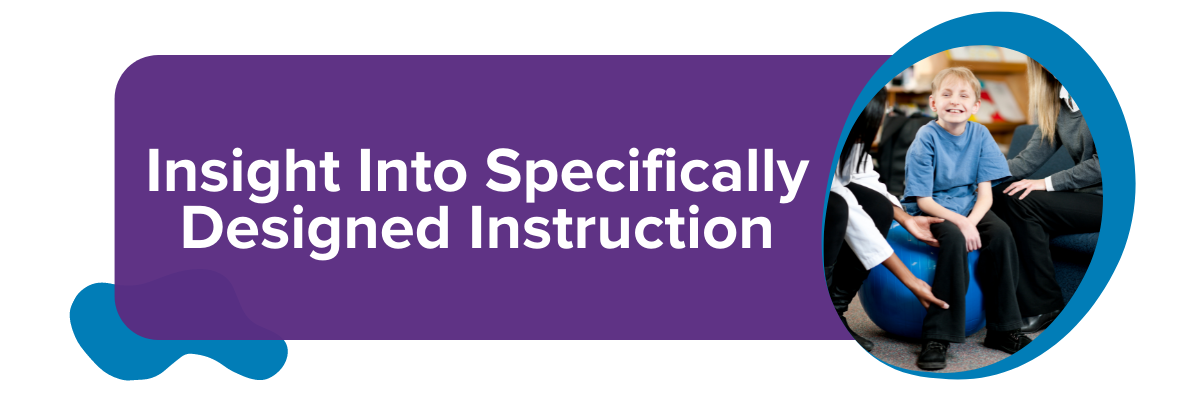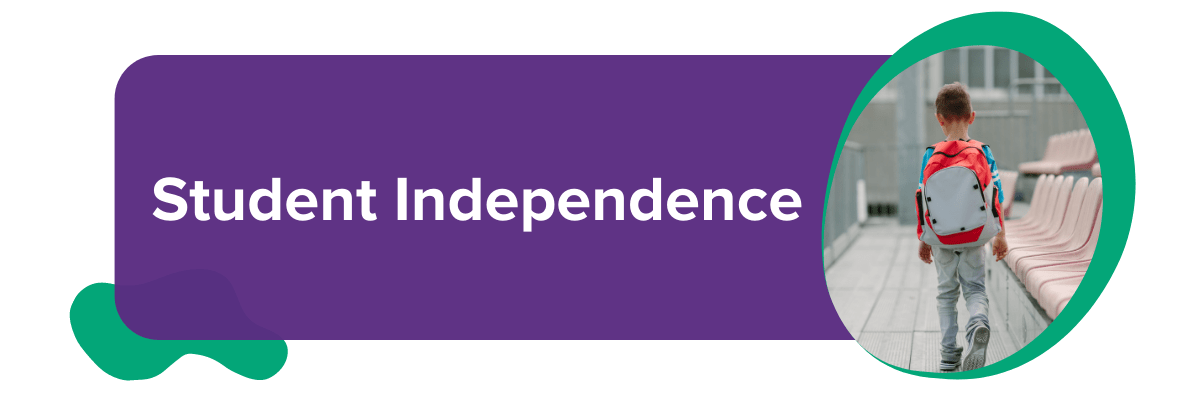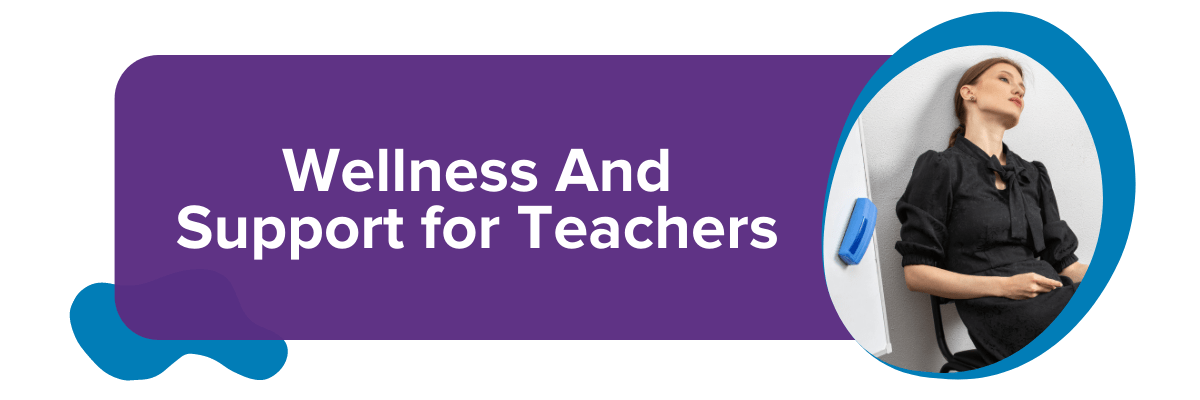The Special Education Catalyst Club on Clubhouse invited teachers, parents, advocates, administrators, adults with disabilities, and thought leaders gathered in our to answer the question: “What changes made in special education during the pandemic do you want to keep, and what additional changes are needed in the field?".
This conversation resulted in six key themes for district and school leaders to continue in the upcoming school year. The following are the findings from the conversation:
- The pandemic created unprecedented opportunities for parent and teacher collaboration while students were actively engaged in learning.
- Since teachers and families were coping with shared experiences and many people were required to remain at home, opportunities for Increased transparency were created which led to greater connections and openness.
- This increase in transparency led to an increase in intensity of communication and the ability for teachers to be more responsive to student and parent needs.
- Leaders to consider ways to continue high levels of communication and collaboration among teachers and families with the return to in-person school. This may indicate a need for increased time during the day dedicated to communication and decreased caseload sizes.
- When school shifted from the school house walls to virtual learning, parents were able to observe and participate in their students’ specially designed instruction from special education teachers and related service providers.
- Related services providers were able to train parents in techniques that would directly reinforce skills in the home environment.
- In combination with parent communication, this insight allowed greater opportunity for personalization of instruction.
- Leaders should consider ways in which parents and teachers can continue to partner in specially designed instruction.
- Assuming ability is an important concept in special education.
- Many students learned at home during the pandemic without built-in prompting of special education teachers and paraprofessionals.
- Some students who previously were not independent on computers or in their learning were able to learn to do so.
- Leaders should continue areas in which students were independent during the pandemic and work with teachers to continue their independence in these areas. From there, other areas of independence should be considered.
- Alternates to in-person IEP meetings were already in place before the pandemic, such as IEPs held by phone.
- Moving beyond audio-only to visual allowed participants to observe body language and view drafts and data collection on the screen at the same time.
- Most importantly, participants noted an increase in parent participation of IEP meeting during the pandemic—whether this was related to students and parents being home during the pandemic or due to the nature of video cannot be known at this time.
- Leaders should continue use of virtual IEP meetings when in-person IEP meetings are not possible for the parents. Use of video over audio-only should be prioritized to enhance parent participation.
- In many ways, the pandemic created an environment of isolation and anxiety. While this affected many people in society, children are particularly affected.
- The return to in-person learning must focus on social emotional learning for all of our students.
- Students receiving special education services in particular may need additional social emotional learning supports.
- Leaders should work with teachers, families, and students to identify needed social emotional learning supports for students.
- Wellness and support for our teachers is needed as we return to in-person learning. Our teachers will bear much of the responsibility in social emotional supports for their students.
- Special education teachers and staff will need additional supports as they work with children who already were previously identified as have social and emotional disabilities.
- Leaders should work with teachers to identify needed supports.
We hope this post has provided some thought-provoking ideas to you and has been able to offer strategic support to your work at whatever level you’re currently serving in the education industry. We look forward to your comments and feedback and of course, welcome you to join our future conversations on Clubhouse!
